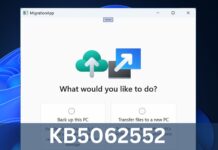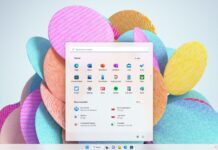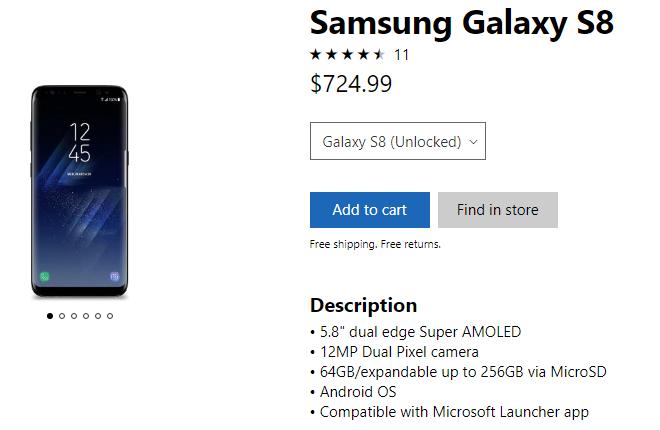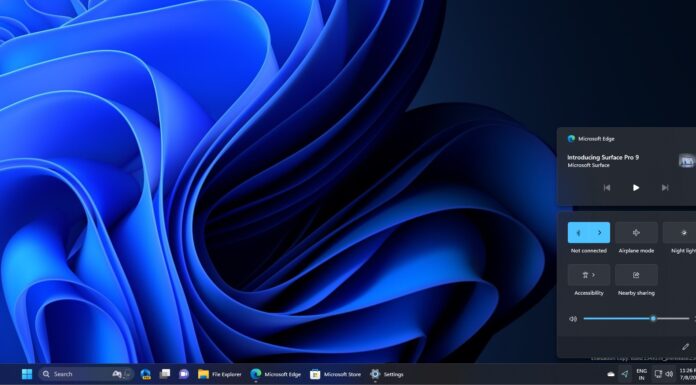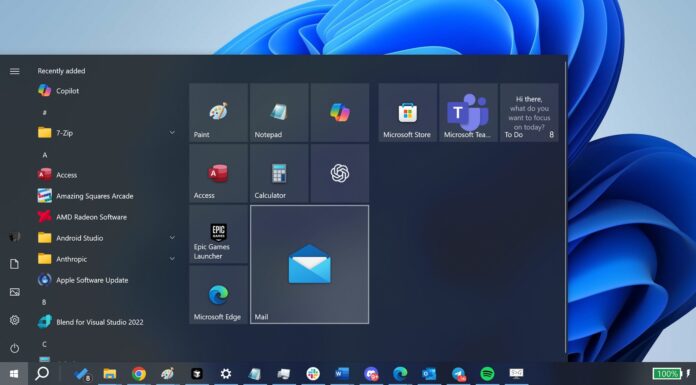Off late Microsoft has been selling the Android based devices manufactured by Samsung on its Microsoft Store. The company which has already stopped building its mobile platform has been selling several models of Samsung’s devices powered by Google’s operating system.
The Samsung Galaxy S8 is a flagship phone launched by the company some time ago and is now available on Microsoft Store. Samsung which recently launched its new Galaxy S9 is also available for purchase via the Microsoft Store.
To everyone’s surprise, Microsoft is selling the Samsung Galaxy S8 priced higher than the recently launched Samsung Galaxy S9 last month. The Samsung Galaxy S8 is being sold at $724.99 compared to the newly launched Samsung Galaxy S9 which is being sold at $719.99 on the Microsoft Store and both the devices are unlocked versions.
We assume that this could be a mistake by Microsoft as the older version of the device is priced higher than its successor Samsung Galaxy S9. The Samsung Galaxy S9 is being currently sold with a free charging stand as part of the launch offer.
Samsung is selling the Galaxy S8 at $599.99 in the United States and the company’s latest flagship phone, the Samsung Galaxy S9 comes at a cost of $719.99. So if you are planning to buy a Samsung Galaxy S8 from the Microsoft Store make sure to check out the price on the Samsung’s official website.
We need to wait and see if Microsoft’s goes ahead and rectifies its error of revising the price of Samsung Galaxy S8 since Samsung has already launched a new successor to its Galaxy S8, the Galaxy S9.
To revise some of the specs of the Samsung Galaxy S9: the device comes with a Snapdragon 845 Qualcomm processor, 5.8″ Super AMOLED touchscreen. The device has a 12MP Camera and LED Flash and Internal storage of 64GB which can be expandable upto 256GB via a MicroSD card.
For power users, the device boasts with a 4GB of RAM and comes with Google’s latest Operating System Android Oreo out of the box. But the thing to note is that the device will be supporting only One Nano SIM.



